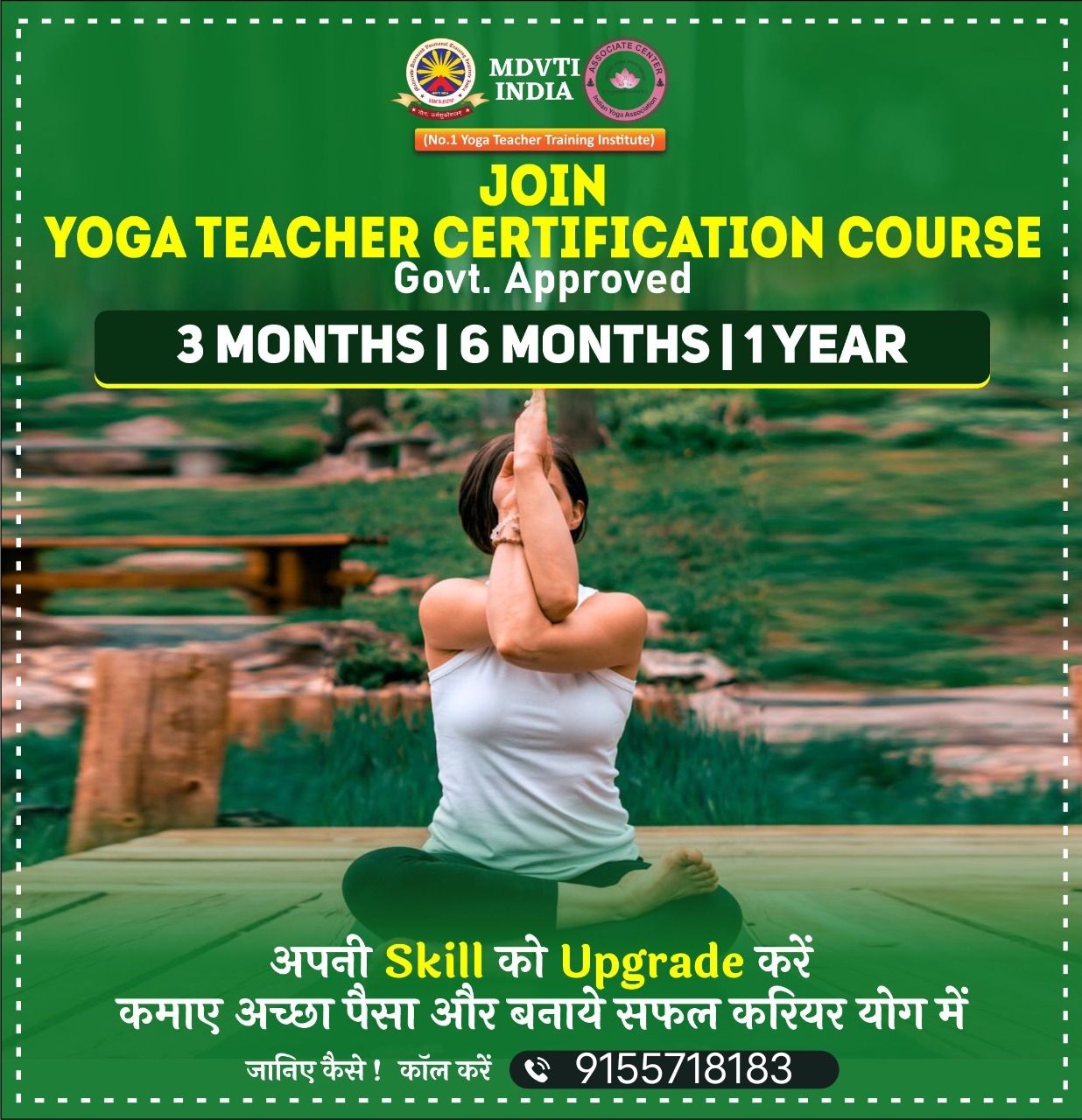Offer healthier lifestyle
Pricing
Course Name
B.A. in Yogic Science
Duration
3 Years
Eligibility
12th
Student Fee
50000.00

A Bachelor of Arts (B.A.) in Yogic Science is an undergraduate degree program that delves deeply into the study of yoga, its philosophies, and its practices. This program is designed to provide a comprehensive understanding of yoga, its applications, and its benefits for physical, mental, and spiritual health. Here's an in-depth look at what a B.A. in Yogic Science typically entails:
Overview
- Duration: Generally 3 years, though this can vary by country and institution.
- Eligibility: Typically requires a high school diploma or equivalent. Some institutions might have additional prerequisites or entrance exams.
Curriculum
The curriculum for a B.A. in Yogic Science usually includes a blend of theoretical and practical components:
-
Core Subjects:
- Introduction to Yogic Science: History, definitions, and types of yoga.
- Philosophy of Yoga: Study of ancient texts like Patanjali's Yoga Sutras, Bhagavad Gita, Upanishads, and Hatha Yoga Pradipika.
- Human Anatomy and Physiology: Understanding the human body in the context of yoga practices.
- Yoga Psychology: Mental health benefits of yoga and its impact on the psyche.
- Principles of Yogic Practices: Detailed study of asanas, pranayama, mudras, bandhas, and kriyas.
-
Practical Training:
- Asanas (Postures): Techniques, benefits, and therapeutic applications.
- Pranayama (Breathing Techniques): Different types of pranayama and their physiological effects.
- Meditation: Various forms of meditation, including mindfulness and transcendental meditation.
- Yoga Therapy: Application of yoga for managing and treating various health conditions.
- Teaching Methodology: Techniques for instructing yoga classes, including class planning and student assessment.
-
Elective Courses:
- Ayurveda: Basic principles and its integration with yoga.
- Naturopathy: Natural healing practices complementary to yoga.
- Stress Management: Yoga's role in managing stress and enhancing mental health.
- Yoga and Modern Science: Research and evidence-based studies on yoga.
-
Internship and Project Work:
- Internship: Practical experience in yoga centers, wellness clinics, or health institutions.
- Research Project: An in-depth study on a specific aspect of yoga, culminating in a dissertation or research paper.
Skills Acquired
- In-depth knowledge of yogic philosophies and practices.
- Proficiency in performing and teaching various yogic techniques.
- Understanding of the anatomical and physiological aspects of yoga.
- Ability to apply yoga for therapeutic purposes.
- Skills in conducting research and contributing to the body of knowledge in yogic science.

